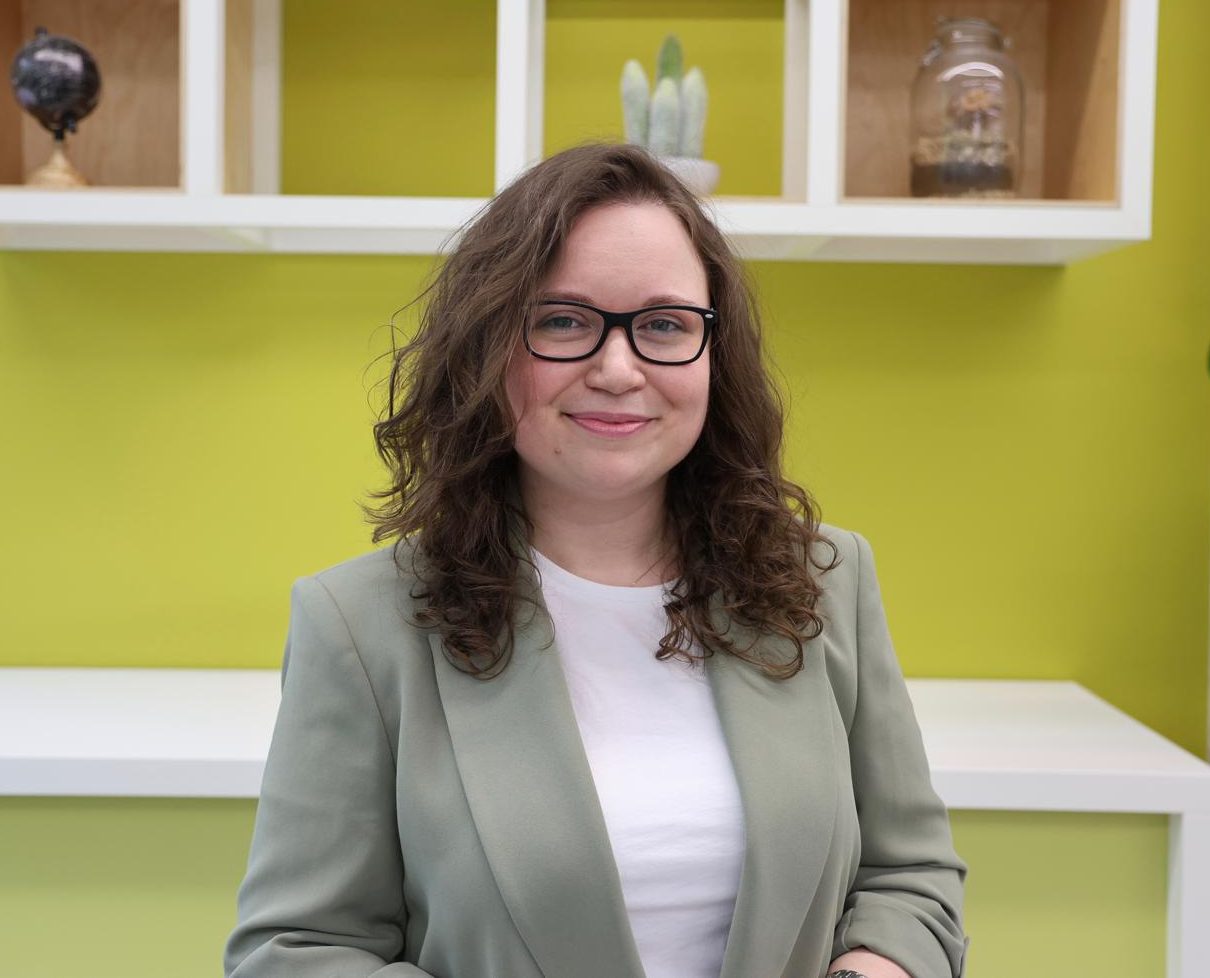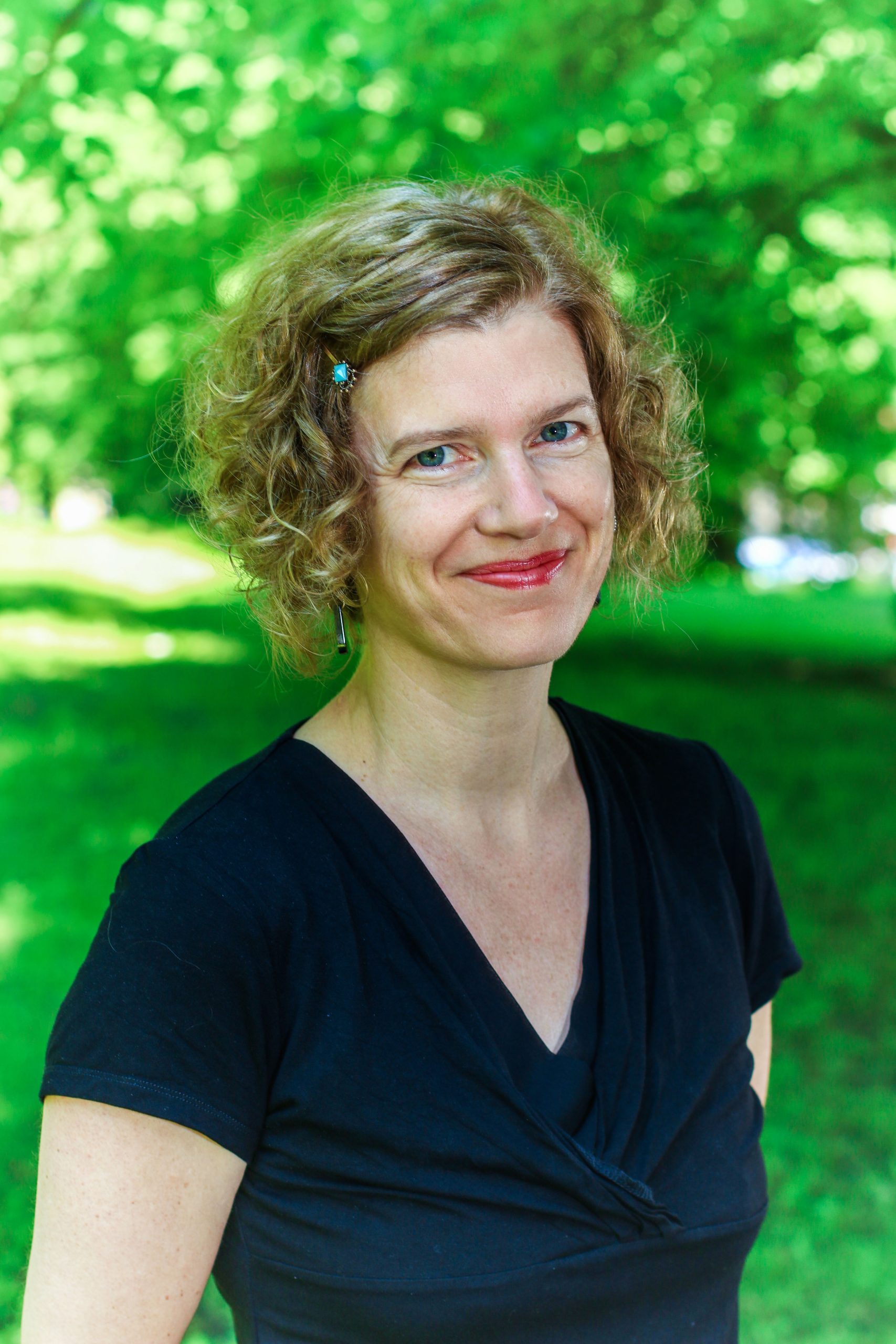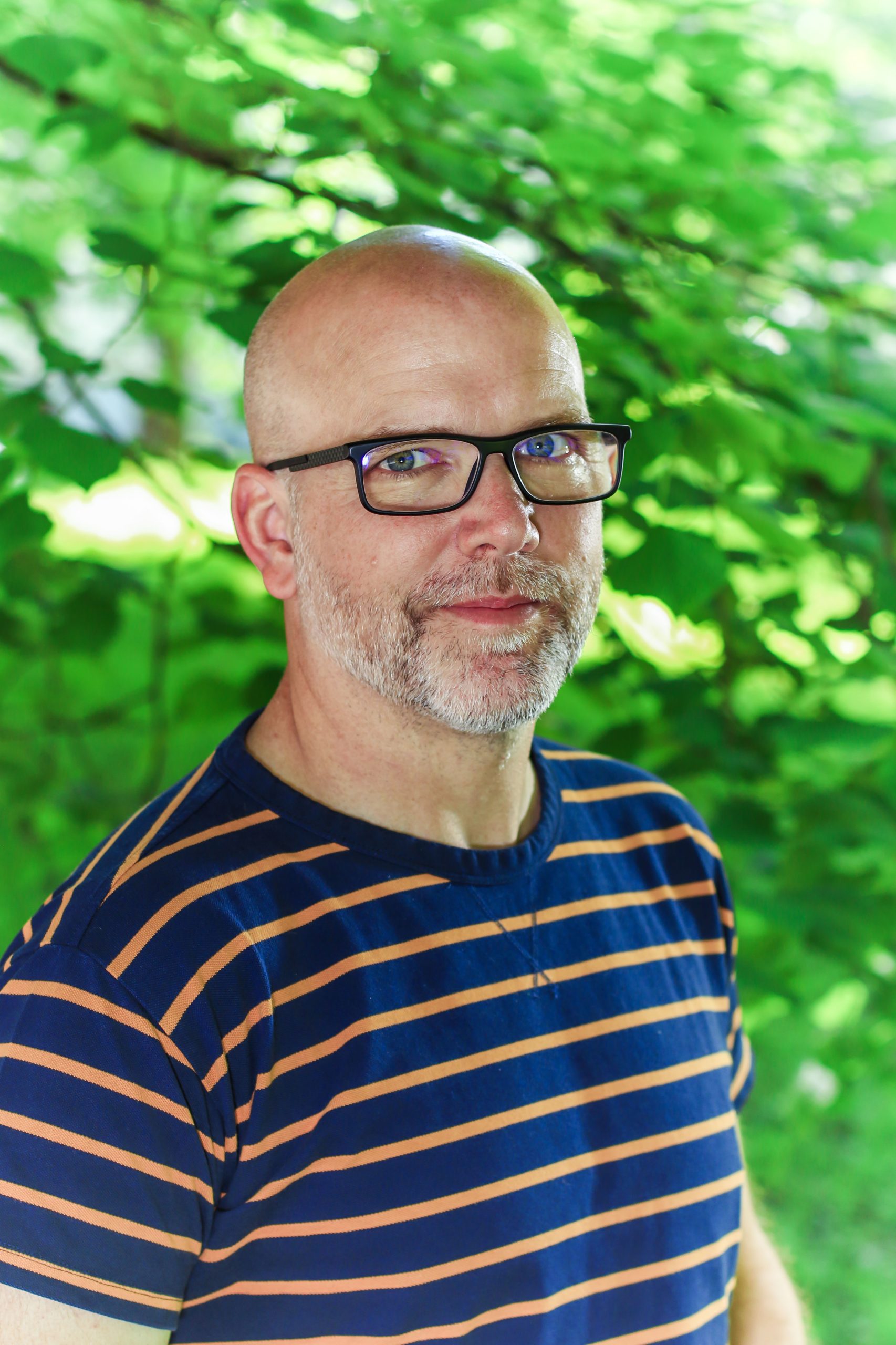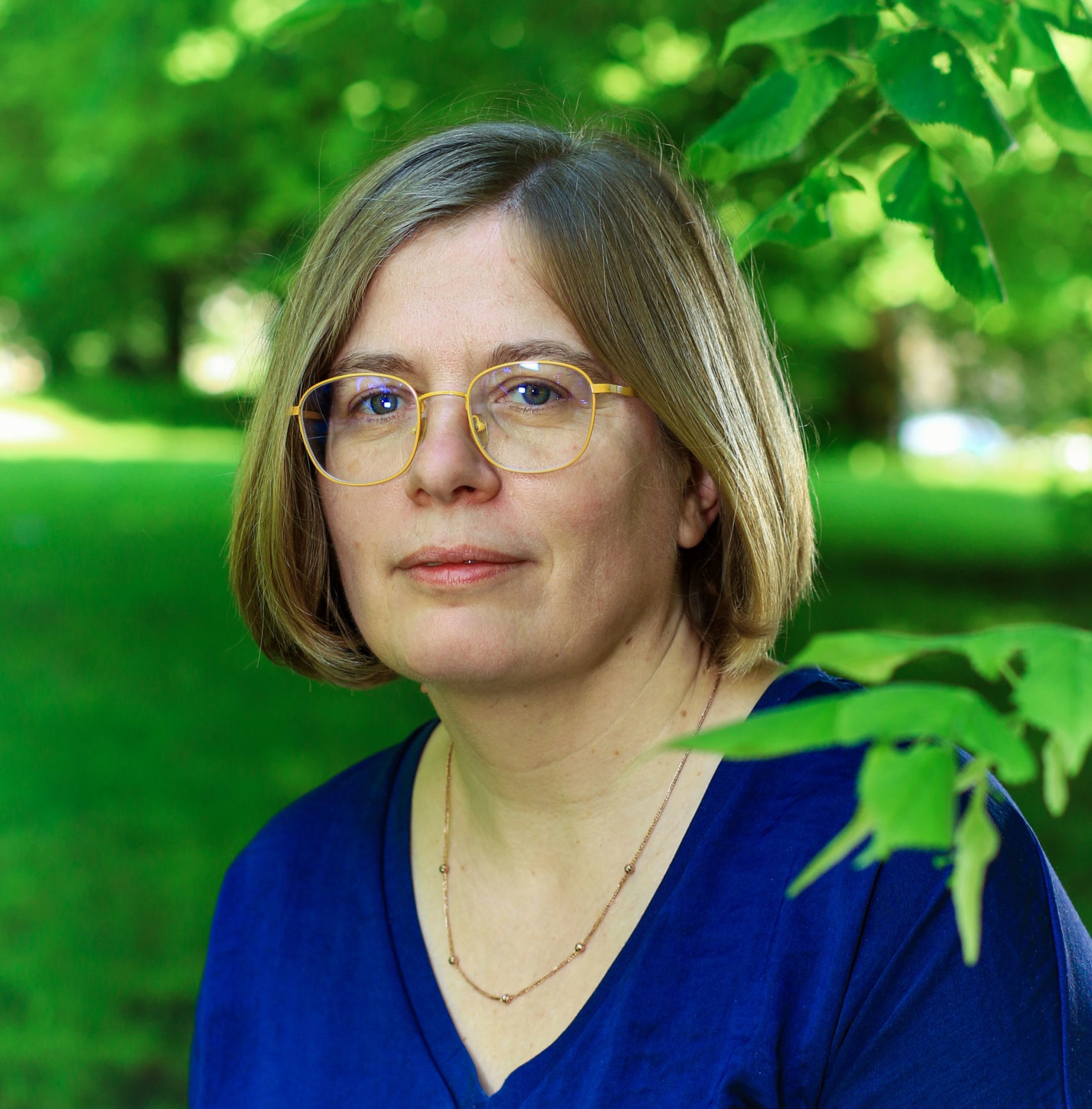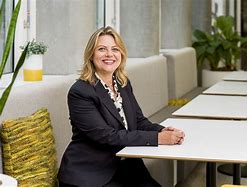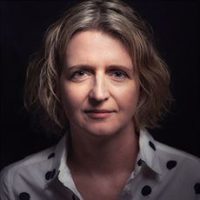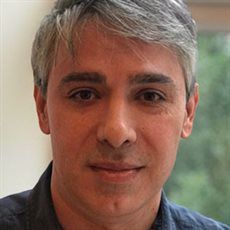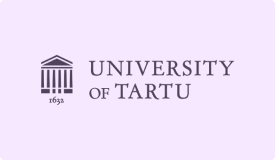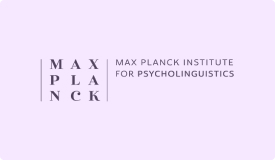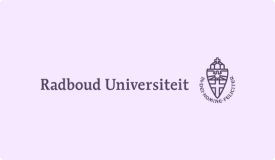Who are we?
Methodological Excellence in Data-Driven Approaches to Linguistics (MEDAL) is an international consortium initiated by the University of Tartu in Estonia, in collaboration with the Max Planck Institute for Psycholinguistics and Radboud University in the Netherlands and the University of Birmingham in the United Kingdom.
The Consortium
MEDAL is funded by the UK Research & Innovation Research Council and the European Commission’s Twinning scheme. The Twinning scheme is a part of the European Commission’s Horizon grant (Grant agreement ID: 101079429), and its primary goal is to partner research institutes in European countries in order to increase access to resources, create collaborations and facilitate networking between the partner countries. This kind of partnership is known as a consortium. The Institute of Estonian and General Linguistics at the University of Tartu leads the MEDAL consortium project and is partnered with the University of Birmingham in the UK, the Max Planck Institute of Psycholinguistics (MPI), and Radboud University in Nijmegen, the Netherlands.
“My goal for MEDAL is to broaden early career researchers’ access to the brilliant methods employed by linguists in Europe today, and to generally support them in building their careers.”
Virve Vihman, head of the MEDAL Project

Methods: Corpora, Experiments & Computational Models
MEDAL is all about methods used in linguistic research and ways in which data drives the development of the theory and ultimately our understanding of language. As the field of linguistics is changing with advances in technologies, we aim to sharpen linguists’ skills in cutting-edge methods. In this project, we highlight three clusters of empirical methods used in linguistic research: corpus linguistics, experimental approaches and computational modelling. To this end, we organize an annual summer school and various training events throughout the project. Using MEDAL Mobility funding, the partner institutes facilitate exchange visits for scholars and conduct collaborative research, contributing to the empowerment of early-career linguists. The project will culminate in a final conference in 2025.
Linguistic Diversity in Research
A further main aim of MEDAL is to emphasize the need for language diversity in linguistics research. Despite the increasing number of easily available resources for many of the world’s languages, English is still the most researched language within linguistics, followed by other large Indo-European languages. We passionately believe in both academic and social benefits of cross-linguistic research. This entails devoting attention to both collecting and analysing data from less well studied and typologically diverse languages. This in turn promotes resource development for more languages, empowering the communities where these languages are spoken, and strengthening linguistic theory.
To this end, our collaborative research project Generalizing over Language Data (GoLD) is dedicated to implementing the core methods of the project in studies involving diverse datasets, including non-Indo-European languages. GoLD MEDAL studies provide early career researchers in the consortium with experience in international, cross-site collaborative research, including FAIR, open-access research practices.
Our team

Project Manager
Outreach & Dissemination
Max Planck Institute for Psycholinguistics

Head of Outreach & Dissemination
Max Planck Institute for Psycholinguistics / Radboud University

Steering Committee Member
Max Planck Institute for Psycholinguistics / Radboud University

Steering Committee Member
Max Planck Institute for Psycholinguistics / Radboud University
Pictures of Virve Vihman, Joshua Wilbur and Liina Lindström taken by Lauri Kulpsoo. Pictures of Hatice Zora, Judith Holler, Caroline ROwland and Aslı Özyürek taken by Arjan van der Vegt.
Diversity & Inclusion Policy
The MEDAL consortium is committed to promoting a world celebrating diversity and free of discrimination. With this in mind, participation at MEDAL-sponsored events is open to everyone equally, regardless of ethnicity or origin, social background, gender, sexual identity, sexual orientation, religion, belief, disability and age.
To this goal, the consortium:
- Will ensure that the selection process for MEDAL activities is based on explicit, transparent, formal guidelines stipulating MEDAL’s target groups and criteria for selection, and does not discriminate by the dimensions mentioned above.
- Expects consortium members, employees and participants at MEDAL events and activities to treat one another with respect and tolerance, without any form of individual prejudice or systematic discrimination, and will not tolerate harassment and hostile behavior. Harassment includes degrading verbal comments, deliberate intimidation, stalking, harassing photography or recording, inappropriate physical contact, and unwelcome sexual attention.
- Will maintain an accessible website, and will ensure that the venues for all in-person events are accessible and welcoming to all.
- Will make it easy for people to request individualised accommodations during registration.
We encourage you to get in touch with us if you have questions, want to discuss possible accommodations with us, including communicative needs, or need to report harassment or hostile behaviour. For further information about each of the MEDAL consortium institutions’ policies concerning diversity, equality and inclusion, see the respective policies of the University of Tartu, the Max Planck Institute for Psycholinguistics, Radboud University and the University of Birmingham.

